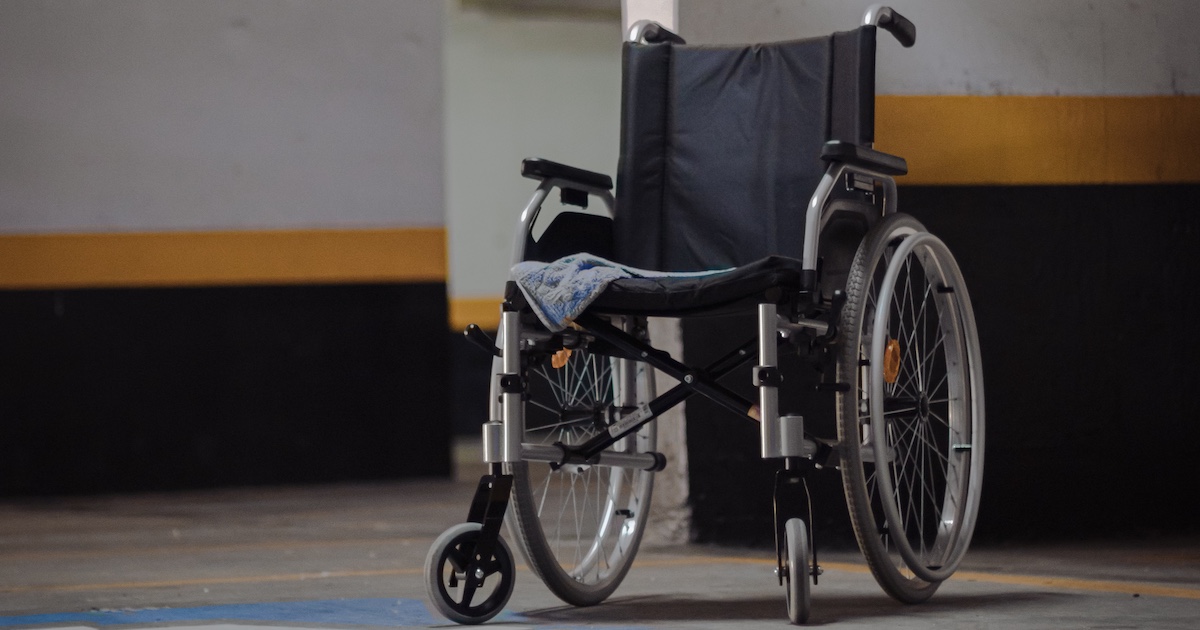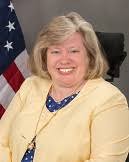
27 Jan 2023 Melissa Ortiz: Lost Lessons of the Holocaust
![]()
Friday, the 27th of January, is Holocaust Remembrance Day. The theme this year is “Memory, Dignity and Justice.” It’s fitting in so many ways, especially when the first victims of the Holocaust are considered.
As part of a trip to DC with a group of 8th graders, we visited the Holocaust Museum. My instruction to them was that they had to consider each exhibit, especially since they were studying WWII in their US History classes. I gave them two hours to get through the Museum and told them to be ready to discuss things they’d seen. I knew they would probably go through quickly and use the seating area at the end to congregate.
When I reached the end of the tour, as I predicted, the students were indeed seated and waiting. They were not talking among themselves, though. They were completely silent, some shedding tears. As soon as they saw me, a few ran up to me and announced in completely shocked voices, “They would have killed YOU, too!” This reality, exquisitely presented by the USHMM, led to one of the most teachable moments I have ever experienced, before or since.
I have Spina Bifida Occulta. People with disabilities were the first victims of the Holocaust.
By most estimates, at least 250,000 disabled people of all ages were murdered during the Holocaust in the Aktion T4. They were culled from hospitals, veterans’ homes, privately sponsored care centers, schools, and their own private homes with the “explanation” that they were going to be taken to a place where they could receive much better medical care. Loved ones were encouraged not to visit or attempt contact until they received notice that their relative was settled in their
“new residence.”
Instead, these vulnerable human beings were taken directly to killing centers, murdered, and subsequently cremated. Their families received carefully timed fake update letters that ended with the notice of the death of their loved one. They were used as practice subjects for the eventual process that became the Final Solution at places like Dachau and Auschwitz.
There was outrage among people of faith once it became clear what was happening. Their concerns were summarily dismissed by the Reich, who deemed involuntary euthanasia necessary to ease suffering, save money and “purify” the Aryan race. Many people with disabilities who were murdered could perform different sorts of jobs. Some of them were even WWI heroes who had been severely injured. They were not “useless bread gobblers” as they had been labeled to market the process to the German people. Many of those people of faith who spoke out against T4 were placed in concentration camps and ultimately murdered themselves.
Nineteenth-century philosopher George Santayana said, “Those who cannot remember the past are condemned to repeat it.” With the decrease in teaching on the Holocaust in schools, the lessons of history are being forgotten. Ideas that were once reprehensible are again being embraced and championed. The twist is even more sinister this time. Murder is now called a compassionate choice. Medical Aid in Dying is thought to ease supposedly meaningless suffering, Euthanasia is now called Physician Assisted Suicide. Healers are again becoming killers simply to save insurance companies money and guard community resources. Money is calling the shots, not respect for all human beings who have something to offer simply because they are living. People of faith are being bamboozled into agreeing.
It’s presented as an “option” and thus voluntary. People with disabilities are targets. As inflation rises and resources tighten, a stealthy move will be made toward mandatory euthanasia for people who are expensive to maintain or problematic to include – back to the “involuntary euthanasia” that culminated with the Holocaust.
During my recent battle with cancer, I was questioned each time I had to check into the hospital as to whether I felt like a burden or needed “help to find a different choice” to the path I was navigating. I refused their ideas, got the treatment I needed and am now cancer free. Who stands up for people who are not strong self-advocates and have no real support system? It once was people of faith and a strong moral compass. They seem to be in short supply now for some of the most vulnerable among us.
Life is meant to be lived, even when it gets hard. America was once known as a shining city on a hill, a place where neighbors cared for each other as needed. To honor those lost, let us reset our moral compass so that the idea of killing someone simply for convenience’s sake is once again unthinkable. We must choose, as a civil society, to care for them until their last natural breath. That is the truest way to honor them while assuring dignity and justice for all.
Melissa Ortiz is a senior advisor to National Center for Public Policy Research’s Able Americans project. This was firast published at The Washington Times.




